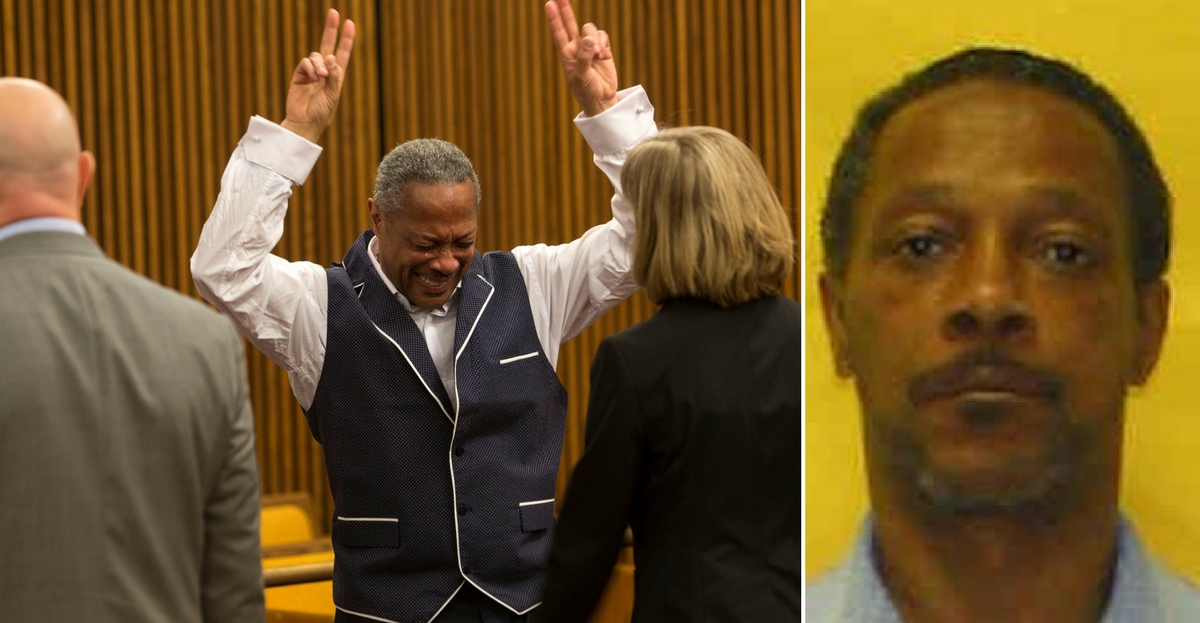Murder and Trial
In 1995, Evin King was convicted of murdering his girlfriend, Crystal Hudson. She had been raped, murdered and hidden in the closet of the bedroom they both shared. King was sentenced to life in prison without the possibility of parole for 15 years. There was only one problem, he didn't do it.
DNA evidence at the time showed that the semen found in Hudson's body did not match King's DNA. Hudson also had skin cells under her finger nails, but technology had not advanced to the point of allowing a comparison to be made between the skin cells and the semen.
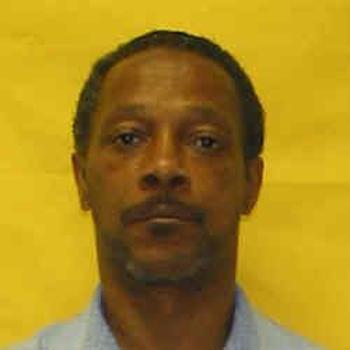
Prosecutors said that King flew into a rage after Hudson slept with another man and killed her. Case closed. A jury believed that argument and convicted King.
Innocent
He maintained his innocence throughout the investigation and the trial. Even while in prison he insisted he was innocent. His eligibility for parole came up and he stubbornly refused to say he had atoned for a crime he never committed, so he stayed behind bars.
The Ohio Innocence Project took up King's case, and fought appeal after appeal, trying to free the man they believed had been wrongfully convicted. In 2009 they won the right to have the DNA retested, comparing the semen and the skin cells.
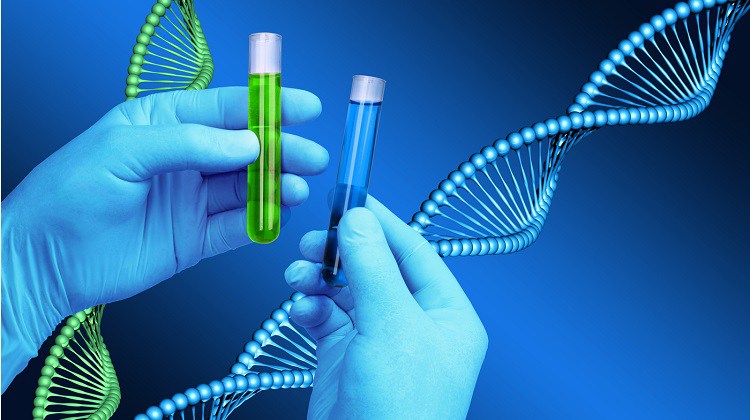
The results proved that the samples belonged to the same man. Whoever had sex with Hudson before her death must also have killed her - that man was not King.
Still Not Free
Despite that hard and fast truth King would serve 6 more years in prison before the Cuyahoga County Prosecutor's Office finally agreed to investigate the findings.
Why, despite overwhelming evidence of innocence, would authorities want to keep a man in jail? It's not an easy question to answer, but in 2017 Michael O'Malley took over the Office and was made aware of King's case.
Finally Released
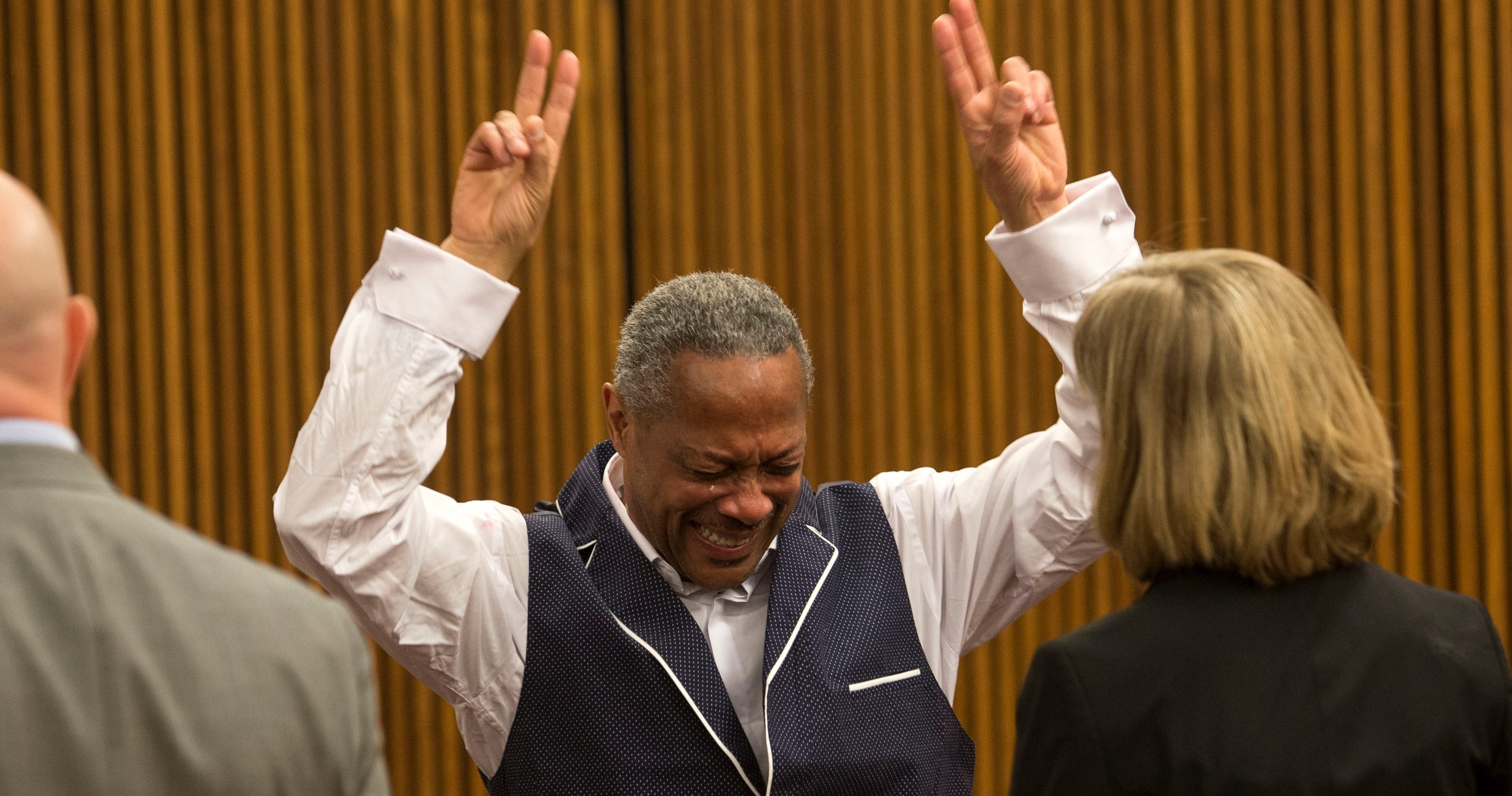
Immediately he assigned a special prosecutor to verify the findings, when that was completed her vacated the conviction.
Ohio Innocence Project co-founder Mark Godsey has spent the past 15 years trying to free innocent people from jail. He says not every prosecutor is so willing to take a look at old cases.
"As we have seen in other counties with other cases, prosecutors far too often fight back against an exoneration," he said in a news release. "Today prosecutors in Cleveland put justice above winning."
The issue of DNA in wrongful convictions is complicated, over 40% of bad verdicts come from misused forensic evidence. The Innocence Project has now been able to help free 25 wrongfully convicted men in Ohio alone. The group says King is one of 350 cases that have been overturned with DNA evidence.
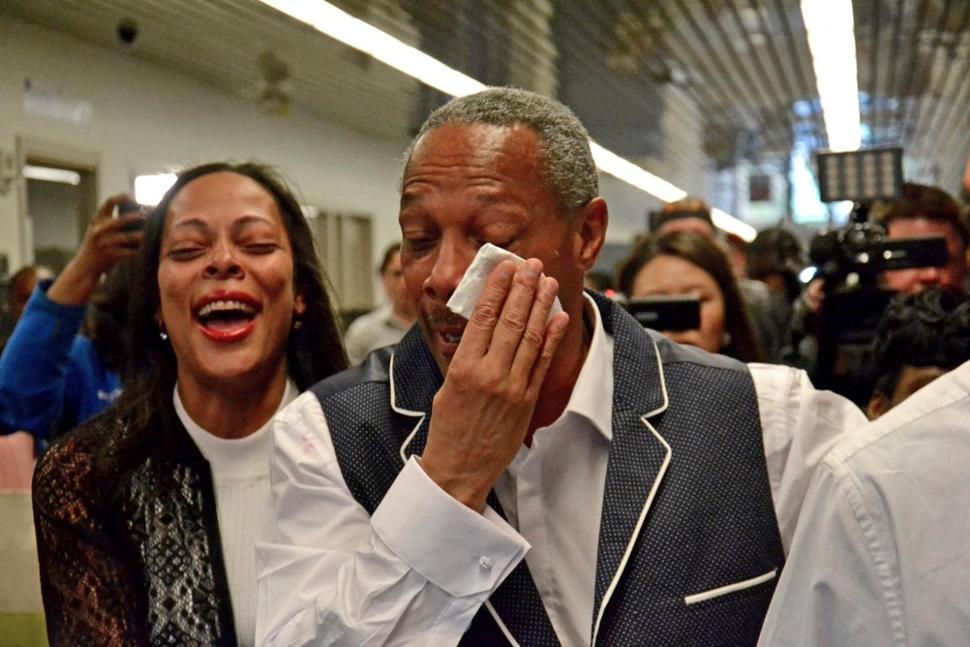
The statistics don't matter for King, he's just happy to go home.
"I knew this day would come," he told media upon his release, "and I knew I would cry."
